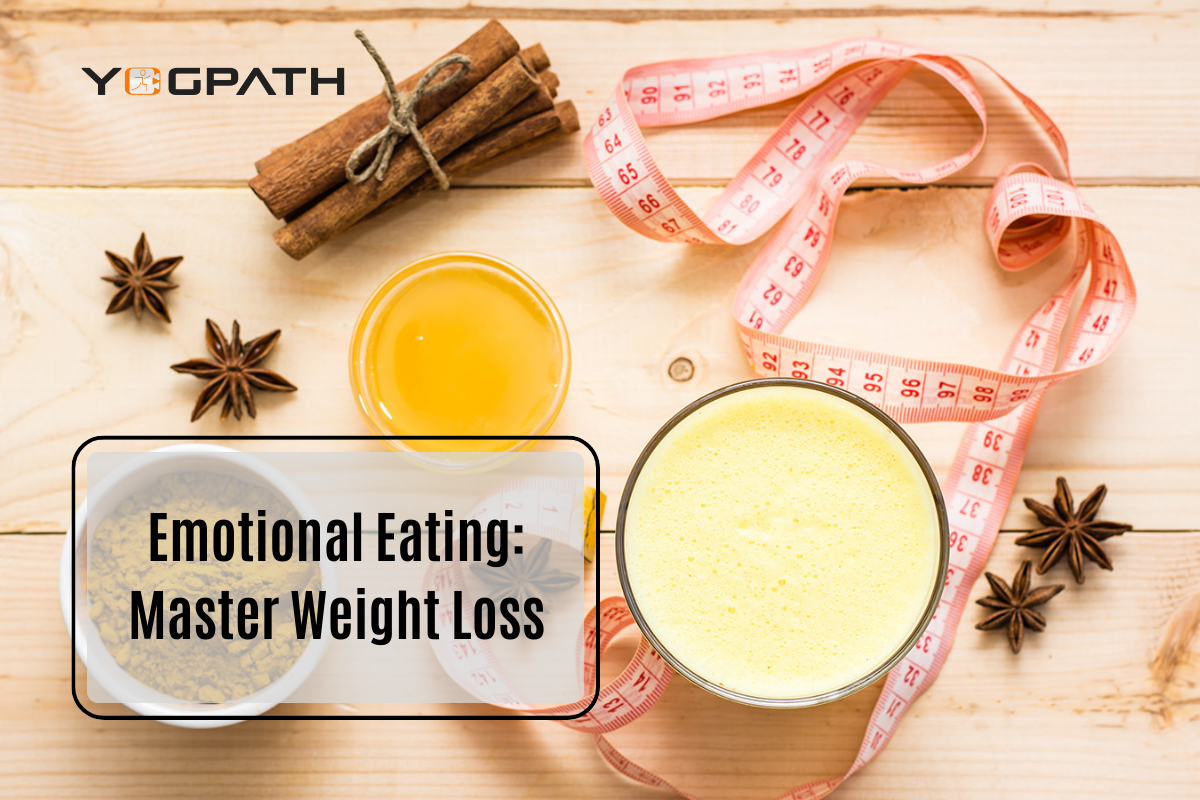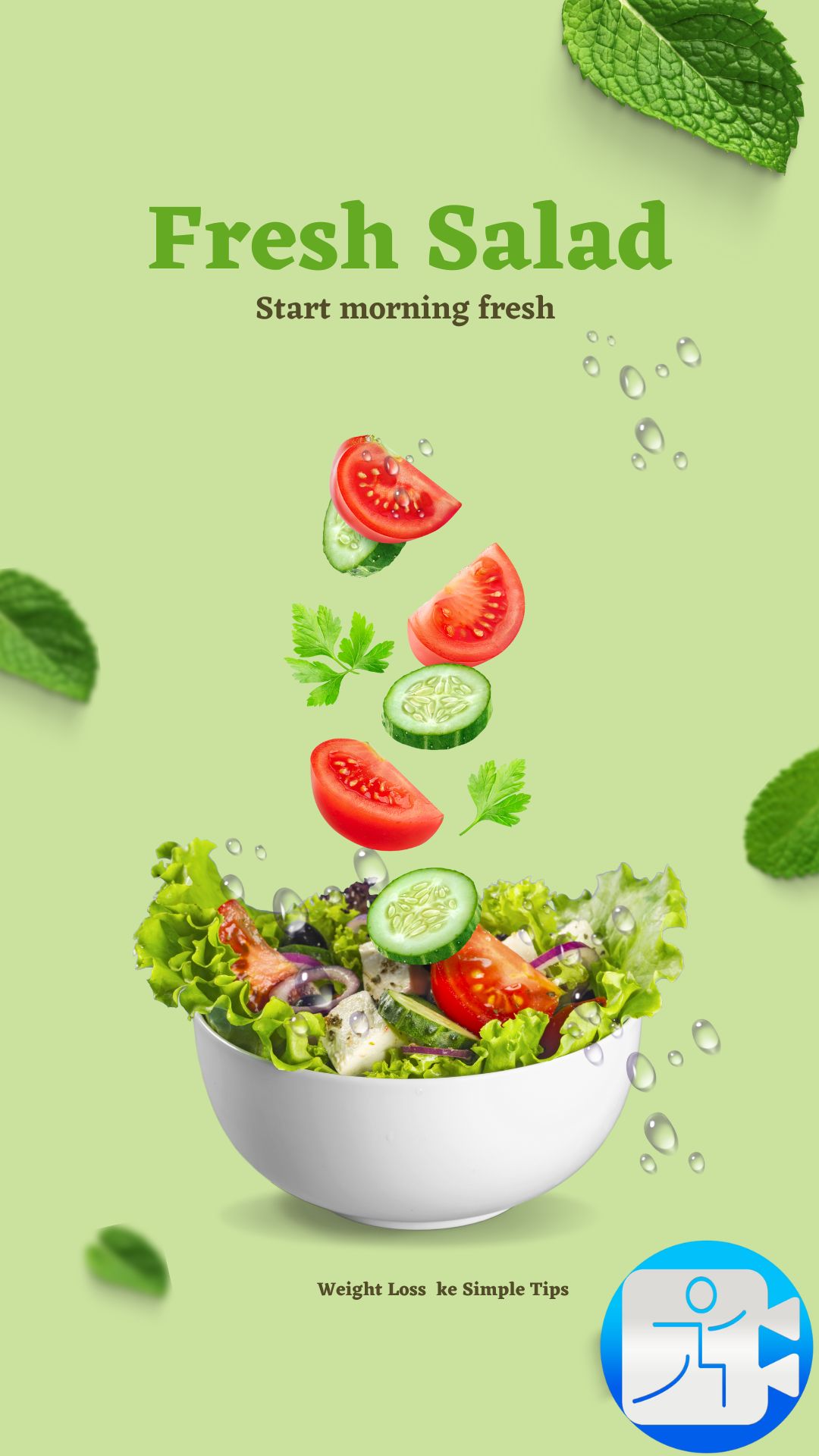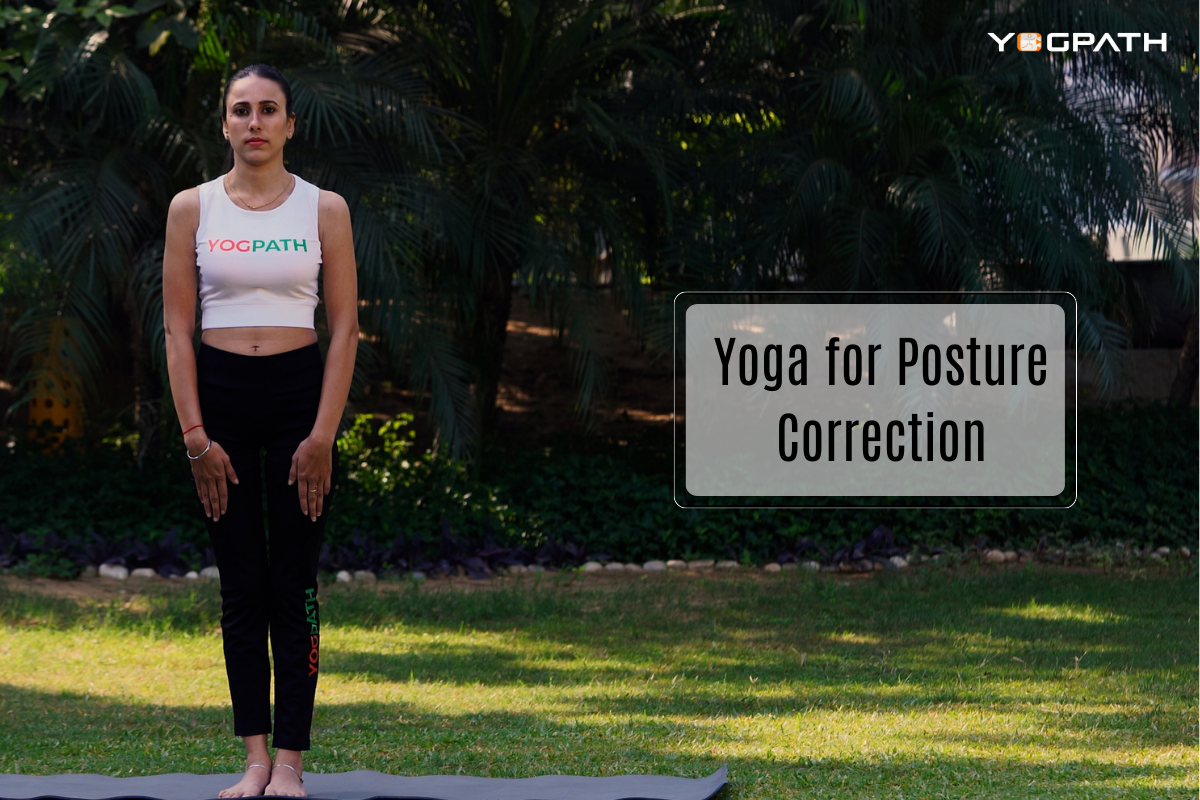
Learn how eating due to feelings of stress or boredom may impede your attempts to lose weight and receive advice on how to regain control of your eating habits. When you’re feeling emotionally vulnerable, you may find that you have the greatest desires to eat certain foods. When confronted with a challenging situation, experiencing high levels of stress, or even just being bored, you could find that you automatically or intentionally seek solace in the form of food?
Eating due to strong feelings or emotions might make it difficult to lose weight. It often results in eating an excessive amount, particularly an excessive amount of high-calorie, sweet, and fatty meals. If you tend to eat when you’re feeling upset, the good news is that you can take measures to recover control of your eating habits and get back on track with your weight loss goals, even if yo u have a history of emotional eating.
The mechanism behind the mood-food weight loss loop
Emotional eating is defined as the act of eating with the purpose of numbing or repressing unpleasant feelings, such as stress, anger, fear, boredom, melancholy, or loneliness, via the use of food. Bad emotions may be triggered by significant life events or, more typically, the inconveniences of everyday living. These negative feelings can lead to emotional eating, which can sabotage your attempts to lose weight. These potential triggers may be things like:
- Relationship problems and disagreements
- The workplace or other sources of stress
- Fatigue Financial pressures
- Problems with one’s health.
Some individuals actually eat less when they are experiencing intense emotions; nevertheless, if you are experiencing emotional discomfort, you may resort to impulsive or binge eating, in which you consume whatever is handy in a hurry and without any sense of satisfaction. In point of fact, your emotions may get so intertwined with the way you eat that you may find yourself reaching for a sweet treat whenever you are feeling angry or under a lot of pressure without even realising what you are doing.
The consumption of food might also operate as a diversion. You could concentrate on eating comfort food instead of dealing with difficult circumstances if, for example, you are anxious about an event that is about to happen soon or ruminating over a disagreement.
No matter what feelings prompt you to eat excessively, the final consequence is often the same. The impact is fleeting, the feelings will eventually return, and you will almost certainly have to deal with the extra stress of feeling guilty about falling short of your weight-loss target. This may also lead to an unhealthy loop in which your feelings cause you to overeat, you then beat yourself up for straying off track with your weight-reduction plan, which makes you feel horrible, which then triggers you to overeat again.
How can you get yourself back on the right path?
You have the ability to regain control of your urges whenever you feel unpleasant feelings that have the potential to induce emotional eating. Try any of these strategies to quit eating when you’re upset:
Keep a record of what you eat. Make a record of everything you eat, including how much you consume, when you eat, how you feel during meals, and how hungry you are. After some period of time, you could see trends that point to a relationship between your mood and the food you eat.
Get your tension under control. If you believe that stress is a factor in your emotional eating, you should give techniques for stress management like yoga, meditation, or deep breathing a try.
Perform a hungry reality check on yourself. Is it a bodily or an emotional hunger that you feel? If it’s been less than three hours since your last meal and your stomach isn’t grumbling, it’s likely that you aren’t hungry. Wait for the urge to eat to go away on its own.
Get assistance. If you do not have a strong support system, you have a greater risk of caving into the want to eat when you are feeling sad. Lean on your loved ones and close friends, or think about signing up for a support group.
Fight the monotony. Distract yourself and replace unhealthy habits like munching when you aren’t hungry with ones that are more beneficial to your health. Take a stroll, watch a movie, interact with your pet, play music, read a book, browse the internet, or give a buddy a call to pass the time.
Remove all sources of temptation. Do not stock your house with tempting convenience meals that are hard to say no to. And if you’re feeling upset or depressed, you should put off going to the grocery shop until you can get your feelings under control first.
You shouldn’t be so hard on yourself. You can restrict your calorie intake too much, eat the same things over and again, and cut out any treats if you are attempting to lose weight. It’s possible that this will just serve to make your appetite stronger, particularly in reaction to your feelings. Consume sufficient quantities of nutritious meals, allow yourself to reward yourself sometimes, and consume a wide range of foods to assist in controlling food cravings.
Eat nutritious snacks. If you find that you are hungry in between meals, go for a nutritious snack such as fresh fruit, veggies with low-fat dip, almonds, or popcorn that has not been buttered. You might also try substituting items with equivalents that are fewer in calories to see if that helps satisfy your appetite.
Gain wisdom from your failures. If you find yourself engaging in emotional eating, offer yourself forgiveness, and start the following day with a clean slate. Make an effort to gain knowledge from the occurrence and devise a strategy for how you might avoid such situations in the future. You should give yourself credit for making adjustments that will lead to improved health, and you should focus on the good improvements you are making in the eating habits you have.
When to seek the assistance of a professional
If you have tried several methods of self-help but are still unable to get control over your emotional eating, you may want to consider engaging in counselling with a mental health expert. Counseling may help you comprehend the reasons behind your emotional eating and teach you new ways to deal with stressful situations. Emotional eating is often associated with eating disorders, which may be diagnosed via therapy. Therapy can also help you determine whether you have an eating problem.











